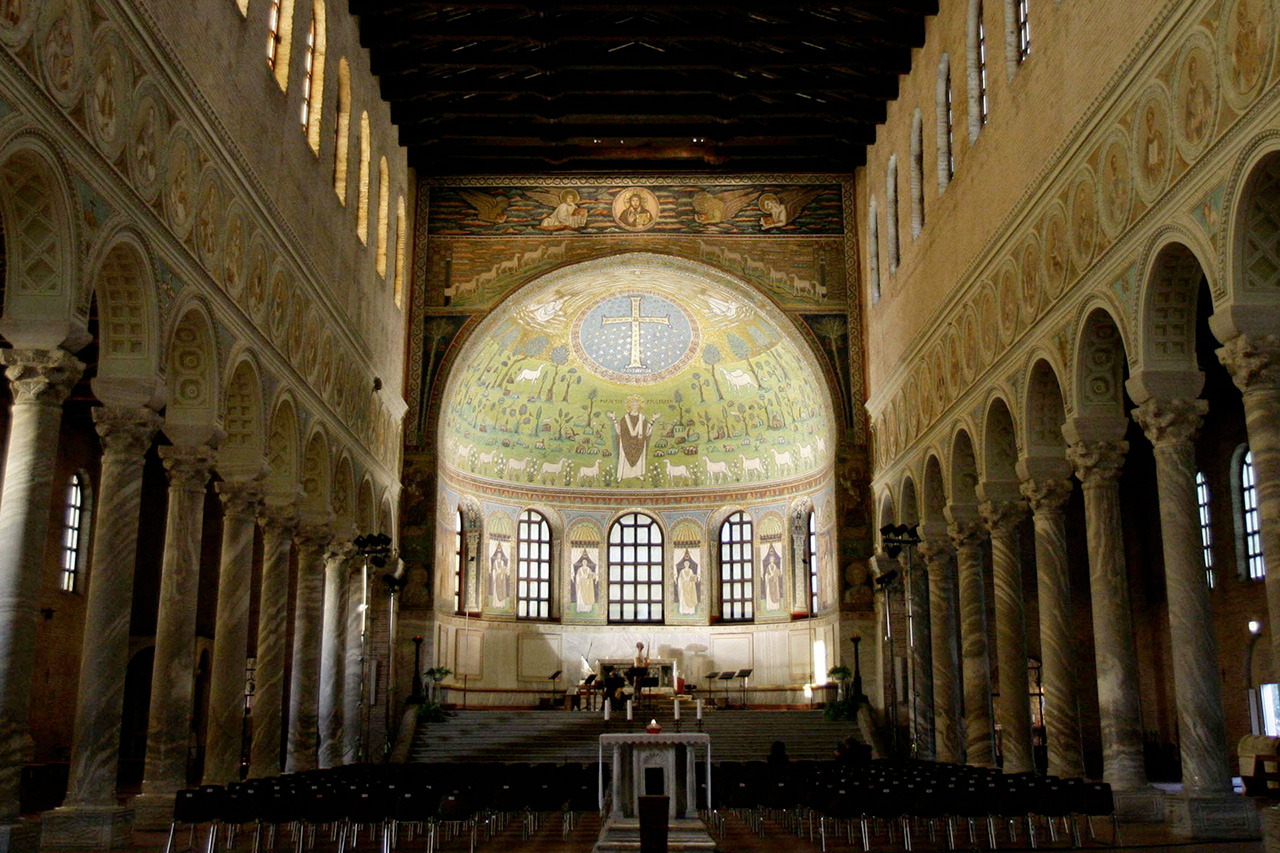© Luca Concas
The New-Found Song of the Lyre
The Sixteen
conductor Harry Christophers
Super Flumina Babylonis
William Byrd (1539/1540-1623)
Diliges Dominum
Christe qui lux es et dies
Arvo Pärt (1935)
The Deer’s Cry
William Byrd
Emendemus in melius
Arvo Pärt
The woman with the Alabaster Box
Thomas Tallis (1505-1585)/William Byrd
Miserere nostri
Philippe de Monte (1521-1603)
Super flumina Babylonis
William Byrd
Quomodo cantabimus?
Arvo Pärt
Nunc Dimittis
William Byrd
Laetentur coeli
Tribue Domine
sopranos Jessica Cale, Sally Dunkley, Katy Hill, Emilia Morton, Elin Manahan Thomas, Charlotte Mobbs
altos Ian Aitkenhead, Daniel Collins, Edward McMullan, Kim Porter
tenors Simon Berridge, Jeremy Budd, Mark Dobell, George Pooley
bassos Ben Davies, Rob Macdonald, Tim Jones, William Gaunt
The Sixteen are a vocal ensemble founded by Harry Christophers with one purpose in the world: preserving the legacy of British polyphony from the XVI and XVII centuries, whose lesson they pass down and infuse in contemporary choral compositions. Super flumina Babylonis, set to music by Philippe de Monte, is a psalm expressing the yearnings of the Jewish people in exile following the destruction of Jerusalem, when they hung their harps upon the willows and refused to sing in a foreign land. The purpose of the concert lies in “making the harps sound”: namely, the “harps” of composers who had to face cultural or religious oppression, like William Byrd, a Catholic who had to use caution while composing for the Anglican court of Elizabeth I; or like Arvo Pärt who, four hundred years later, struggled with censorship in Soviet-dominated Estonia.
Duration:
About 1h 10’ without intermission


